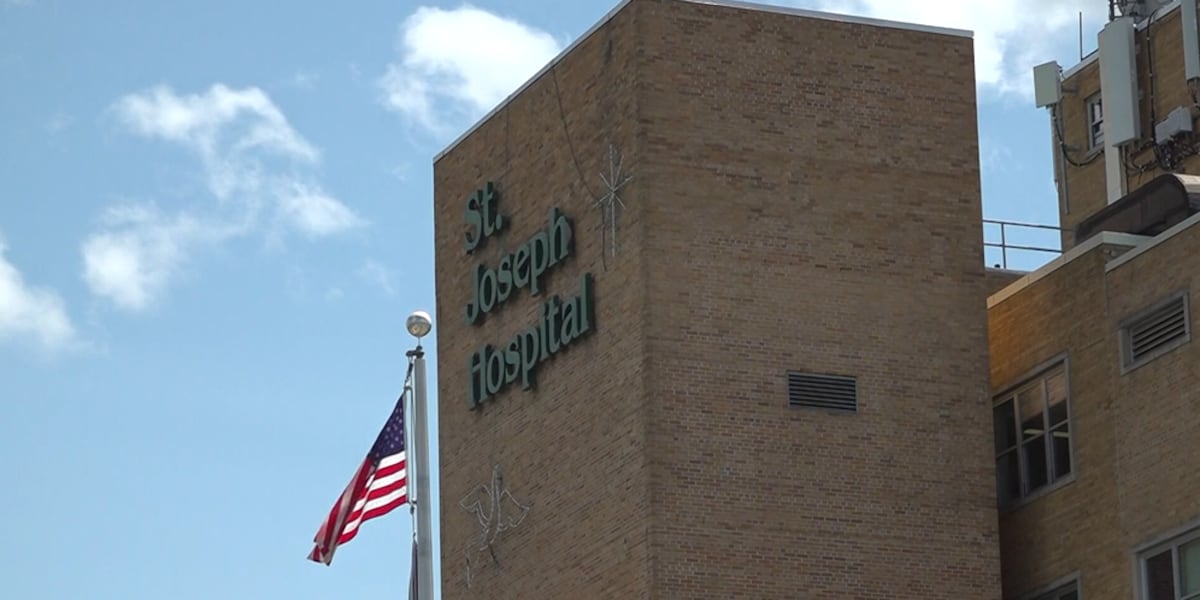Don't Wait for the Pain: Early Signs of a Sickle Cell Crisis & What to Do

Understanding Sickle Cell Crisis: A Guide for New Zealanders
Sickle cell disease (SCD) is a genetic condition affecting red blood cells, causing them to become rigid and sickle-shaped. This can lead to painful episodes known as sickle cell crises. Early recognition and management are crucial to prevent complications and improve quality of life. This guide, brought to you by the Ministry of Health, outlines the early warning signs and what steps you can take.
What Causes a Sickle Cell Crisis?
Several factors can trigger a sickle cell crisis, including:
- Dehydration: Lack of fluids thickens the blood, increasing the risk of sickling.
- Extreme Temperatures: Both cold and heat can exacerbate the condition.
- Infection: Illnesses can trigger a crisis.
- Stress: Physical or emotional stress can play a role.
- High Altitude: Reduced oxygen levels can worsen symptoms.
Early Warning Signs – Don't Ignore These!
Recognising the subtle signs is key. Don't wait for intense pain to seek help. Look out for:
- Mild Pain: Often starting in the bones (legs, arms, back) or chest. It might be dismissed as general aches and pains initially.
- Fatigue: Increased tiredness and weakness.
- Changes in Skin Colour: Paleness or a yellowish tinge.
- Dizziness or Lightheadedness: Reduced blood flow can cause these symptoms.
- Abdominal Pain: Can be a sign of a crisis affecting the spleen.
- Fever: Suggests a possible infection triggering the crisis.
What to Do If You Suspect a Crisis
Immediate Actions:
- Hydrate: Drink plenty of fluids (water, electrolyte drinks) – this is *crucial*.
- Rest: Avoid strenuous activity and get plenty of rest.
- Keep Warm: Dress warmly, especially in cooler weather.
- Pain Management: Over-the-counter pain relievers (if appropriate and advised by a healthcare professional) can provide some relief for mild pain.
When to Seek Medical Attention Urgently:
- Severe Pain: Pain that is unbearable or rapidly worsening.
- Difficulty Breathing: Shortness of breath or chest pain.
- Sudden Weakness or Numbness: Especially in the limbs.
- Severe Abdominal Pain: Especially if accompanied by vomiting.
- Confusion or Loss of Consciousness: A sign of a serious complication.
Long-Term Management & Prevention
Regular check-ups with your healthcare provider are essential. They can help monitor your condition, provide preventative advice, and manage any complications. Discuss vaccination schedules to minimize the risk of infection. Consider joining support groups for individuals with SCD and their families – sharing experiences and gaining knowledge can be invaluable.
Resources in New Zealand
The Ministry of Health provides information and support for people living with SCD. Contact your GP or haematologist for further information and referral to specialist services. [Insert Link to Ministry of Health SCD Information Page Here]
Disclaimer: This information is for general guidance only and does not constitute medical advice. Always consult with a qualified healthcare professional for any health concerns or before making any decisions related to your health or treatment.






